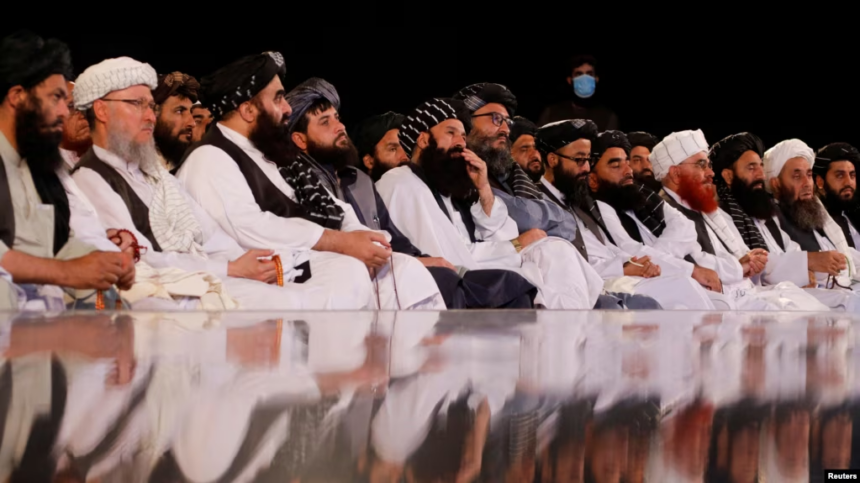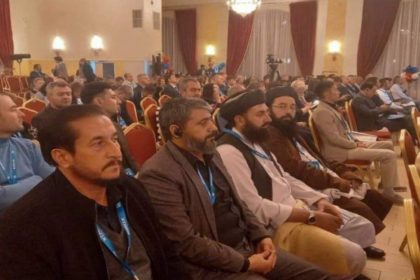RASC News Agency: The Australian government is preparing to introduce sweeping reforms to its foreign sanctions framework, paving the way for travel bans and financial restrictions on Taliban officials and other individuals implicated in grave human rights violations in Afghanistan.
According to a new report by Human Rights Watch (HRW), the proposed amendments would empower Australia to target those responsible for the systematic oppression of women and girls, the persecution of ethnic and religious minorities, and the erosion of the rule of law and state institutions under Taliban rule.
Under the revised policy, Canberra will be able to compile a sanctions list of Taliban leaders and their associates, subjecting them to asset freezes, financial prohibitions, and entry bans into Australian territory. Officials have described the initiative as part of Australia’s new strategy to reinforce global accountability and promote what the government calls “international justice and moral responsibility.”
“It is crucial for Australia to take a firmer stance against the Taliban leadership,”
said Daniela Gavshon, Director of Human Rights Watch in Australia.
“Those who have engineered the systematic persecution of Afghanistan’s women and girls must face justice. These reforms mark a vital step toward ending the culture of impunity surrounding human rights abuses.”
The HRW report underscores that since the Taliban’s return to power in August 2021, the group has imposed a draconian regime of gender apartheid, systematically dismantling the rights of women and girls. UN experts have described these actions as a “clear manifestation of gender-based persecution tantamount to crimes against humanity.”
Taliban authorities have shuttered schools and universities to female students, banned women from work, and forcibly confined them to their homes. Peaceful demonstrations have been violently suppressed; media outlets have been censored; and journalists, civil activists, and protest organizers have been arbitrarily detained, tortured, and silenced.
Human Rights Watch warns that Afghanistan has entered “one of the darkest chapters in its modern history,” as the Taliban continues to rule through fear, intimidation, and religious absolutism.
The rights watchdog urged the Australian government to use targeted sanctions as a diplomatic and moral tool to increase pressure on the Taliban regime and its enablers. By isolating individual perpetrators through travel bans and asset freezes, Canberra hopes to raise the political and financial cost of the Taliban’s continued repression.
“With most Western governments cutting formal ties with the Taliban, unilateral measures such as targeted sanctions and travel restrictions may serve as one of the few remaining levers of influence,”
HRW noted in its report.
“Such actions send a clear signal that the international community will not turn a blind eye to crimes committed under the guise of governance.”
Although Australia has not yet published the official list of sanctioned individuals, diplomatic sources told RASC News that senior Taliban figures known for orchestrating crackdowns on women, security commanders involved in the torture and detention of journalists, and officials complicit in suppressing free expression are expected to be included among the first wave of sanctions.
Analysts view Canberra’s move as part of a broader international trend toward moral realignment in dealing with the Taliban one that prioritizes human rights over political expediency. The reforms could position Australia as a leading voice among democratic nations advocating for accountability-based diplomacy in Afghanistan.
“The Taliban’s attempts to whitewash their regime through selective diplomacy are collapsing under the weight of evidence,”
said one Western diplomat familiar with the reforms.
“Targeted sanctions may not immediately change their behavior, but they reaffirm that the world has not forgotten the Afghanistani people especially its silenced women.”






